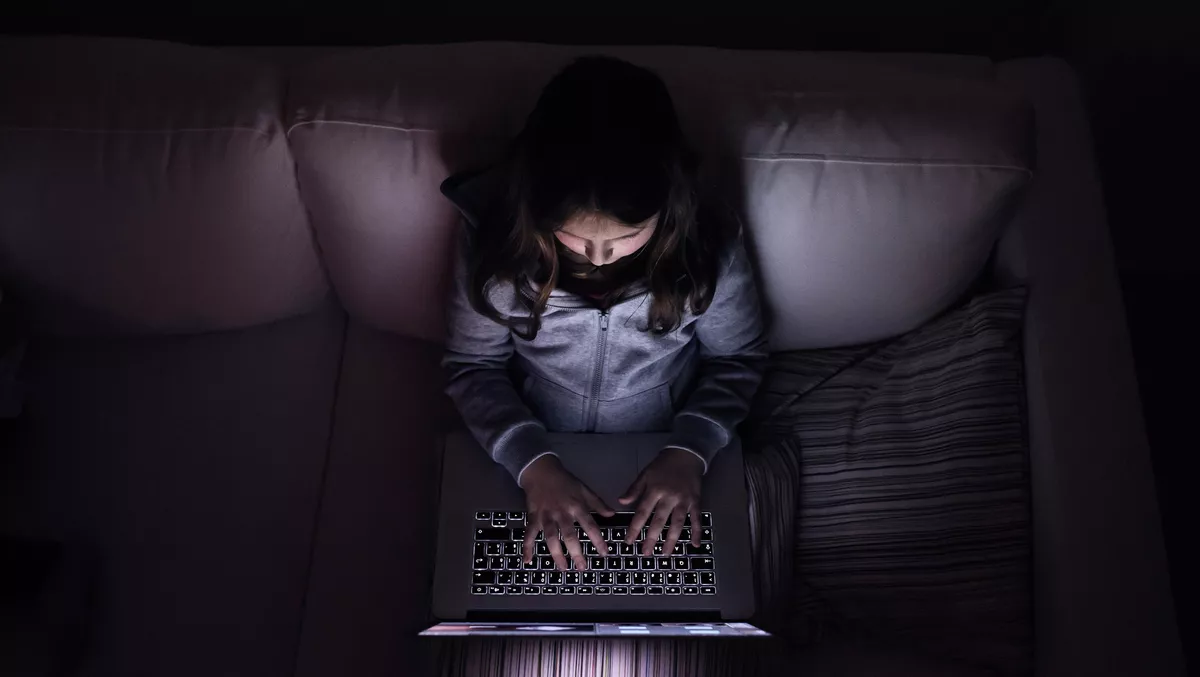
New research from Norton has revealed that nearly nine in ten New Zealanders believe children will give their parents' or families' personal information away online.
The report found while most parents of children under 18 (84%) say they regularly educate their children on how to access content online safely, 88% of Kiwis believe that teaching kids' Cyber Safety is essential or very important. That's on par with preparing them for an emergency (89%) and helping them develop basic life skills (92%).
For parents in New Zealand, educating their kids on cyber safety and trusting them to browse the internet unmonitored has proven challenging to balance. The study found that while 62% of New Zealand parents of children under 18 who were surveyed trust their kids to use the web unmonitored, more than half of parents of children under 18 (52%) say their kids have done something on their smart devices without their permission.
Parents most commonly report that their child has contacted someone unintentionally (24%), clicked on a suspicious link (18%) or accessed mature or age-inappropriate content (17%).
Norton says such actions could pose a risk to the families' safety online and their personal information or identity being exposed, which could lead to financial loss. As cybercriminals become more sophisticated in their tricks and tactics, more than three-quarters of New Zealand adults surveyed (80%) admit that it is difficult for parents to keep children safe online. Nearly all New Zealand respondents (97%) say it's more important now than ever for parents to talk to their children about cyber safety.
Dancing with the Stars digital content creator and professional dancer Nerida Cortese says she's had her fair share of online challenges to keep an eye on as a mum of two young boys and a digital content creator.
"As a parent, we can play an important role in helping our children learn how to use the Internet safely," she says.
"It begins with having open conversations about online behaviour so their digital experience can be safe, positive and fun; and utilising credible cybersecurity tools which can help screen out malicious cyber-attacks and alert us should our personal information be found on the dark web."
NortonLifeLock managing director of Asia Pacific Mark Gorrie says its research shows 90% of Kiwis surveyed believe most children are "addicted" to screens, and the same proportion of New Zealanders (90%) say parents are relying too much on screens to keep their children busy.
"As cybercriminals have become more sophisticated, children could be the gateway for cybercriminals to gain access to the family's sensitive and personal information. We want to highlight the issues this could cause, from giving away passwords to credit card details, the impact could lead to identity theft with potential financial loss," he says.
"That's why cyber safety is now a basic life skill, which should be taught from a young age."
Gorrie says the company recently launched Norton Identity Advisor Plus in New Zealand to help victims of identity theft. He says the plan allows a user to have personal information such as credit card details monitored on the dark web, so they can be notified should it be found.
He says there's also Restoration Support to help guide and support victims of identity theft through the identity restoration process and Identity Theft Insurance to help with covered related expenses.
To help parents keep their kids safe while online, Norton recommends parents remember to:
A.C.T
Ask - Approach children and ask them about how they use their devices. Like cyber threats, each child is unique and, depending on their interests, can be exposed to different risks while online. To help protect them, get involved and invested in their online activities and ask them what they like to do and who they engage with online.
Chat - It's essential to open a dialogue with children about safe practices online. By starting these conversations early, parents can help their kids get into a better rhythm of sharing their online experiences openly and address specific challenges they might be experiencing online.
Take Action - Whether implementing house rules or safeguards such as installing cybersecurity software to connected devices at home, parents should establish a safe environment for their children to engage online.
